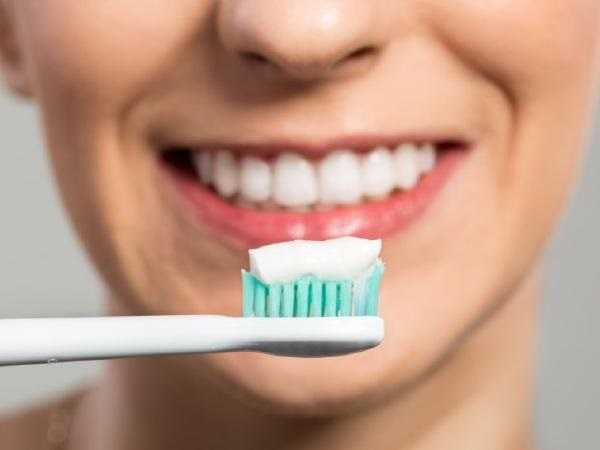Dental emergencies can happen for a number of reasons, from a sudden onset of an infection, to a knock to the mouth, and they always seem to occur at the worst possible time. That’s why it’s worth learning how to deal with dental emergencies, and here are some of the most common ones you may encounter.
Abscesses
If you’ve ever woken up with a dental abscess, you’ll know how painful and unpleasant they can be. They often start off with swelling and a sore throat, and can grow quickly, with many people waking up and finding their face is swollen and numb. If you have an abscess, you should look for an emergency dentist Brisbane locals trust. An untreated abscess can lead to the infection swelling, and if it bursts, you could get very sick.
If you have an abscess and are also suffering from a high fever, nausea and vomiting, dizziness or other worrying symptoms, seek urgent medical help.
Lost Tooth
A tooth can be knocked out for a variety of reasons, from walking into an object to being hit by something. Those who play sports are particularly at risk.
If you lose a tooth, then time is of the essence, as it may be possible to reattach it. However, you need to follow the below steps:
- Pick the tooth up by the crown – be careful not to touch the root or damage it
- Rinse the tooth in saliva or milk if needed
- Try to store the tooth in the empty socket, or in the cheek if this is too sore
- If it’s a child’s tooth and they won’t hold it in their mouth, put it in a glass of milk, not water
- Try to see an emergency dentist within an hour if possible, as this will give the best possible chance of re-implantation
Losing a tooth can be upsetting, but even if it can’t be reattached, there are options to fill the gap. However, it’s usually best to re-implant your original tooth if possible.
Damaged Tooth
The amount of damage done to the tooth will determine whether it’s an emergency situation or not. In most cases, if you’ve chipped or slightly cracked your tooth, you can simply call the dentist to get an appointment in a couple of days. However, if the tooth is badly damaged, you may notice sensitivity to hot or cold food or pain while biting down, which can be a sign of nerve damage or an exposed nerve. In these cases, you should try and see an emergency dentist as soon as you can.
When you have a dental emergency, the most important thing is to call a dentist as soon as possible, as it’s usually the case that time is of the essence and a quick consultation will help you avoid more serious dental work down the line. However, you should also learn some basic dental first aid, as this will help you until you get to a dentist and give you the best possible outcome.



